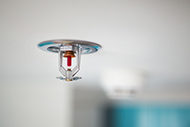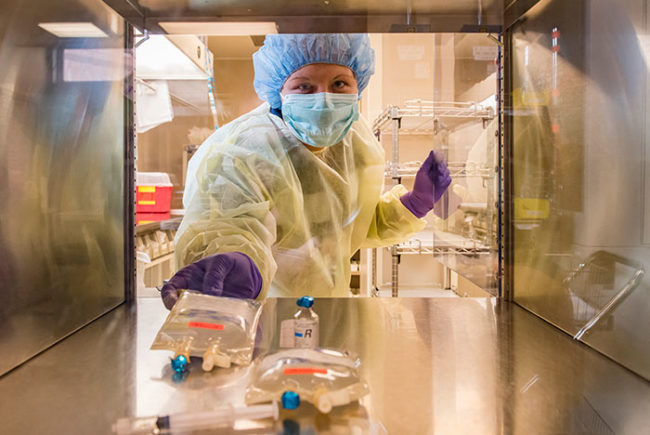AAMI, Joint Commission explain new medical device maintenance standards
The Association for the Advancement for Medical Instrumentation held a webinar with George Mills, Joint Commission director of engineering, and Stephen Grimes, managing partner and principal consultant for Strategic Healthcare Technology Associations LLC, on how to meet new medical device maintenance standards laid out by the Joint Commission.
The Joint Commission changed its Environment of Care standards so that all hospital and health care technology management departments are now expected to complete all planned maintenance activities in line with manufacturer recommendations or policies set by their organization 100 percent of the time. The change is part of the Joint Commission’s project REFRESH and eliminates previous scoring categories that separated high-risk and non-high-risk equipment. Mills explains that under the new Elements of Performance, all planned maintenance activities on medical equipment — regardless of risk — must be completed and completed on time.
FDA updates reprocessing instructions for Pentax duodenoscopes
The Food and Drug Administration (FDA) has updated a February 2016 notice on instructions for reprocessing PENTAX ED-3490TK video duodenoscopes. In February 2016, PENTAX issued updated, validated manual reprocessing instructions for this duodenoscope to replace those provided in the original device labeling.
Since that communication, PENTAX provided the FDA with additional information related to a potential risk associated with the design and manufacturing of the ED-3490K duodenoscope. Cracks and gaps in the adhesive that seals the device’s distal cap to its distal tip can occur, which can lead to microbial and fluid ingress. These areas can be challenging to clean and high-level disinfect and may increase the risk of infection transmission among patients.
PENTAX has issued several recommendations to its customers who need assistance.
Detroit hospitals embark on two-year study of UV light’s effect on infection rates
Researchers in Michigan have received a $2 million grant from the Agency for Healthcare Research and Quality to test germ-zapping robots at Detroit hospitals as part of a study on no-touch room disinfection.
Researchers at Wayne State University and the Detroit Medical Center (DMC) will conduct the study in two hospitals covering 16 total hospital units at the DMC.
At the end of two years, researchers will report on rates of hospital-acquired infections in units where pulsed xenon UV light was added to cleaning routines compared with units where a sham UV disinfection system was added to standard cleaning.
Older duodenoscopes models being removed from health care market
The Food and Drug Administration (FDA) sent a safety communication informing the public that Fujifilm Medical Systems plans to remove its legacy 250/450 duodenoscope models from clinical use based on the limited number currently in use.
Fuji will replace the 250/450 duodenoscope models with the ED-530XT model, in addition to necessary accessories (i.e., brushes) at no cost.
Validated manual reprocessing procedures for Fuji’s new model were sent to the FDA in December 2015. Health care facilities should continue to use these validated instructions when reprocessing ED-530XT duodenoscope models.
The FDA also recommends that facilities and staff remove 250/450 duodenoscope models from circulation and return them to Fuji as outlined in the company’s customer notification letter.





